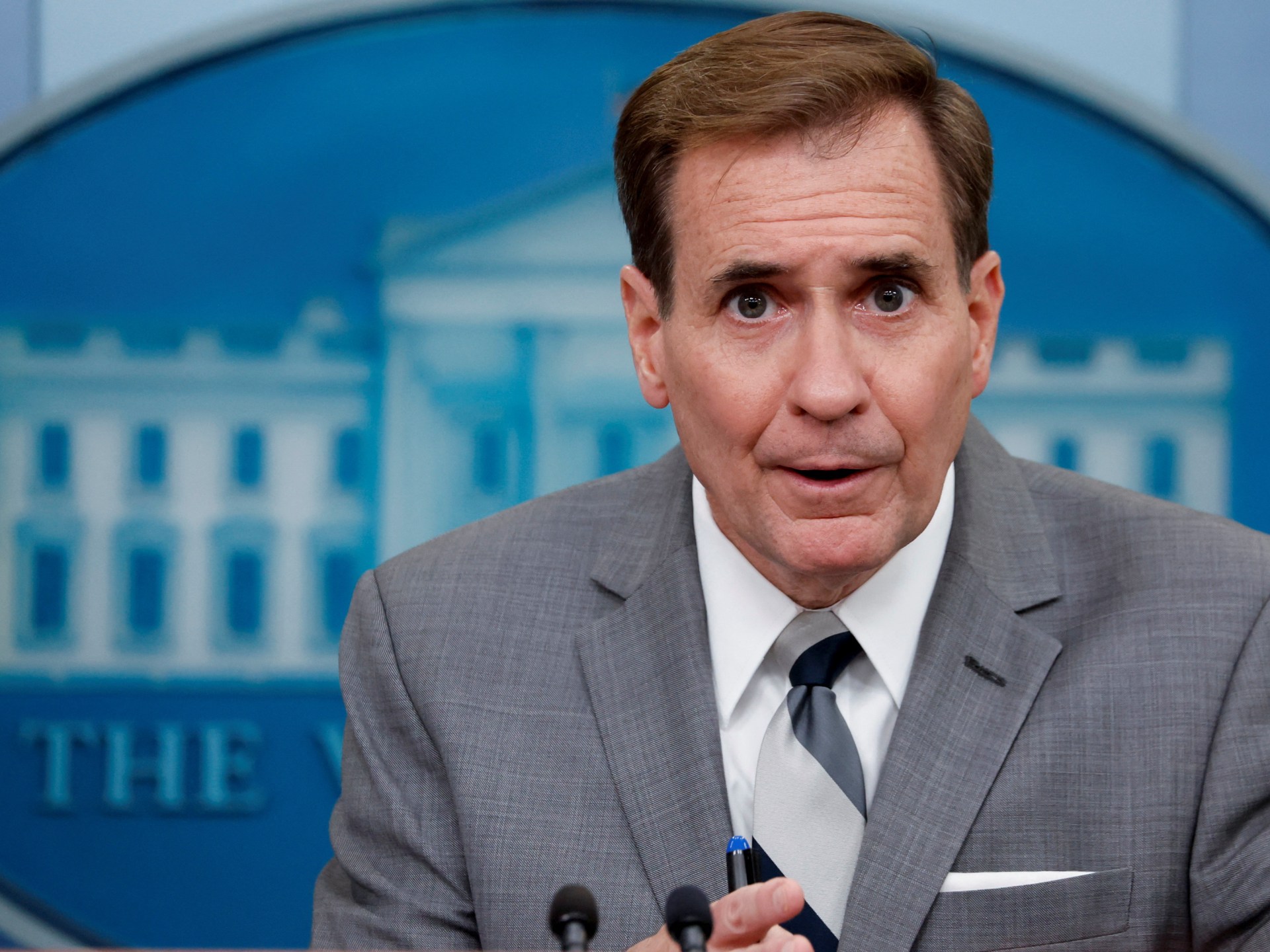The US National Security Council's strategic communications coordinator John Kirby said Wednesday that the United States has information indicating that North Korea is secretly supplying Russia with a large number of artillery shells to support its war in Ukraine, an accusation previously denied by Pyongyang.
Kirby said in an online briefing that North Korea was trying to hide the shipments by sending them through countries in the Middle East and North Africa.
"It's not a small number of missiles, but we don't think they're in a quantity that would change the momentum of the war," he said, adding that his country was seeking to verify whether the shipments had been received.
Kirby said North Korean supplies highlight Russia's munitions shortage, saying sanctions on Russia's military industry are forcing President Vladimir Putin to look for external sources of munitions and equipment, such as Iranian drones.
Charges
Ukraine and its Western allies, led by the United States, have accused Iran of supplying Russia with drones used to strike Ukrainian civilian and military targets, and raised the issue days ago at the UN Security Council.
In September, North Korea confirmed that it had not and did not supply Russia with any weapons or ammunition and demanded that the United States stop spreading what it called rumours aimed at tarnishing its image.
Ballistic missiles
The U.S. National Security Council's strategic communications coordinator said North Korea's firing of ballistic missiles on Wednesday near the border of its southern neighbor did not pose an immediate threat to U.S. forces in the region.
Kirby said U.S. forces would remain alert in response to U.S. commitment to South Korea in the face of threats.
The U.S. official also said his country was clear about its willingness to sit down with North Korea without conditions in order to talk about the denuclearization of the Korean Peninsula.
North Korea has fired about 15 ballistic missiles, one of which landed near South Korean territorial waters.
South Korea's military said it was the first time since the Korean peninsula was split in 1953 that a North Korean missile had landed so close to South Korean territorial waters.
Hours after the missile strike, North Korea fired more than 100 artillery shells towards the military buffer zone between the two Koreas, which Seoul saw as Pyongyang's violation of their 2018 military agreement.

